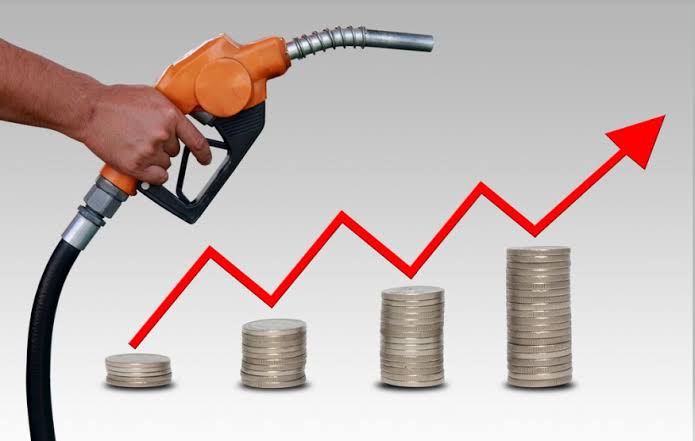Estimated reading time: 2 minutes
In a move that contradicts previous claims of subsidy removal, a recent report indicates the Nigerian government (FG) budgeted a staggering N5.4 trillion for fuel subsidies in 2024. This figure marks a significant increase from the N3.6 trillion spent in 2023.

The report, believed to be a draft copy of the Medium Term Fiscal Framework (MTFF), was presented by Minister of Finance Mr. Wale Edun. It exposes a discrepancy between the FG’s public stance on fuel subsidies and the reality reflected in budgetary allocations.
“At current rates, expenditure on fuel subsidy is projected to reach N5.4 trillion by the end of 2024. This compares unfavourably with N3.6 trillion in 2023 and N2.0 trillion in 2022,” the report said.
Previously, government officials had maintained a policy of deregulation, insisting subsidies had been eliminated. This about-face raises questions about transparency and the true cost of fuel subsidies on the national budget.
The projected N5.4 trillion expenditure in 2024 is particularly concerning when compared to spending on crucial sectors like education (N5 trillion) and health (N1.58 trillion) in 2023. This suggests fuel subsidies are consuming a larger share of national resources than investments in social development.
Economists have long argued that fuel subsidies are fiscally unsustainable and distort the market. The rising cost of subsidies raises concerns about the government’s ability to fund critical social programs and infrastructure projects.
It remains to be seen how the FG will address this issue. Whether they will implement a more targeted subsidy program or pursue a genuine deregulation policy is a matter of national importance. Transparency and a clear communication strategy are crucial to regaining public trust and ensuring efficient allocation of resources.






